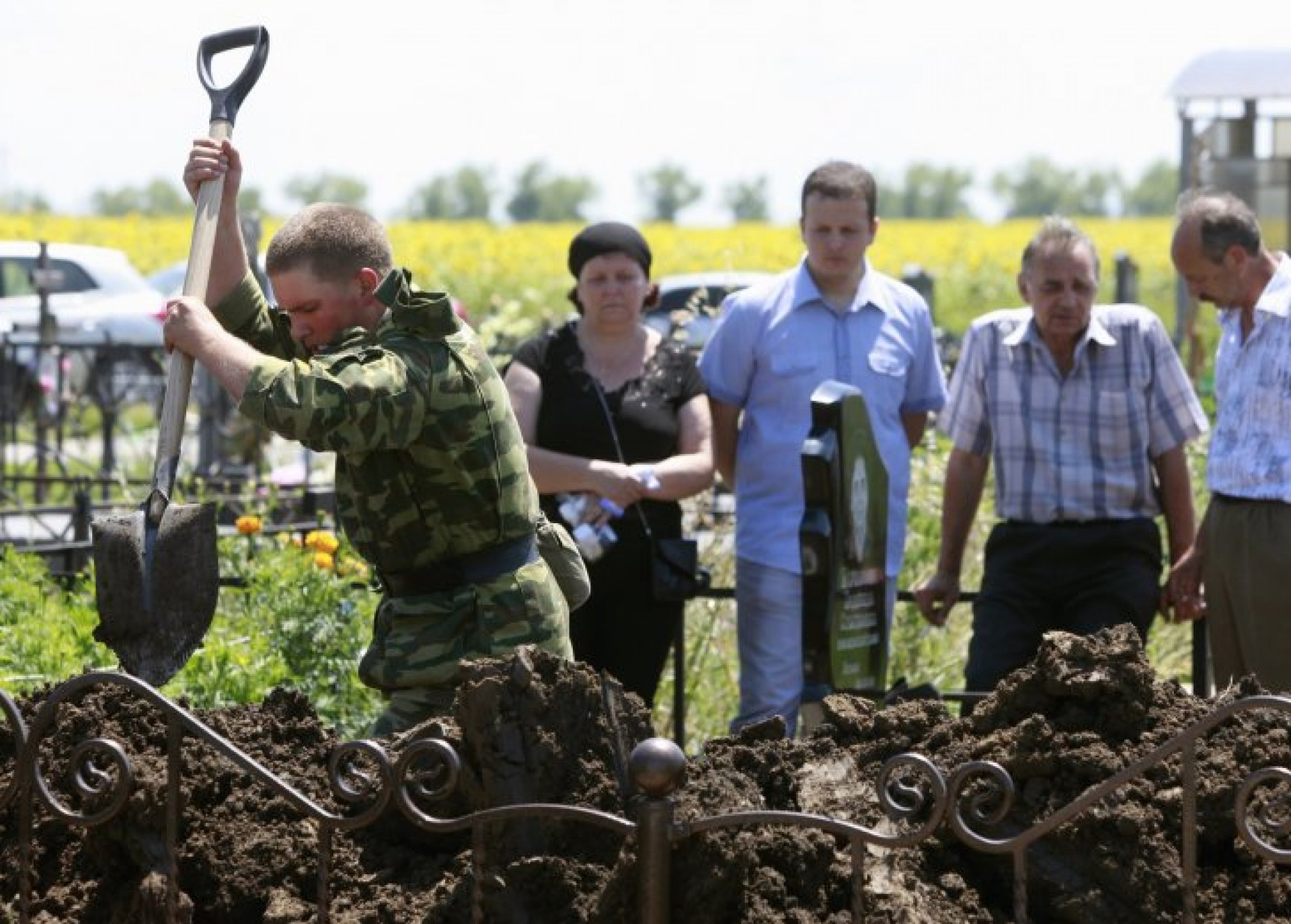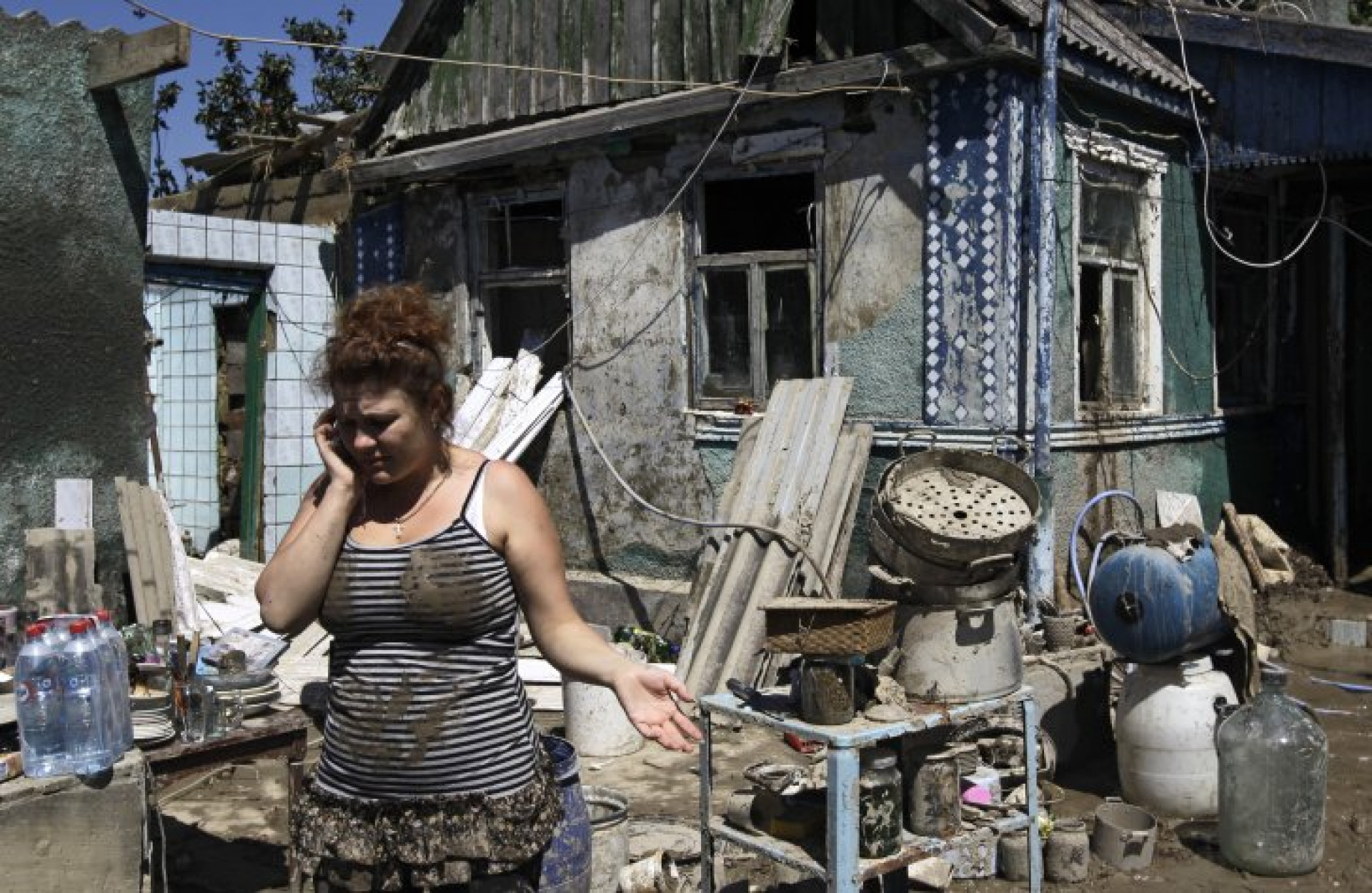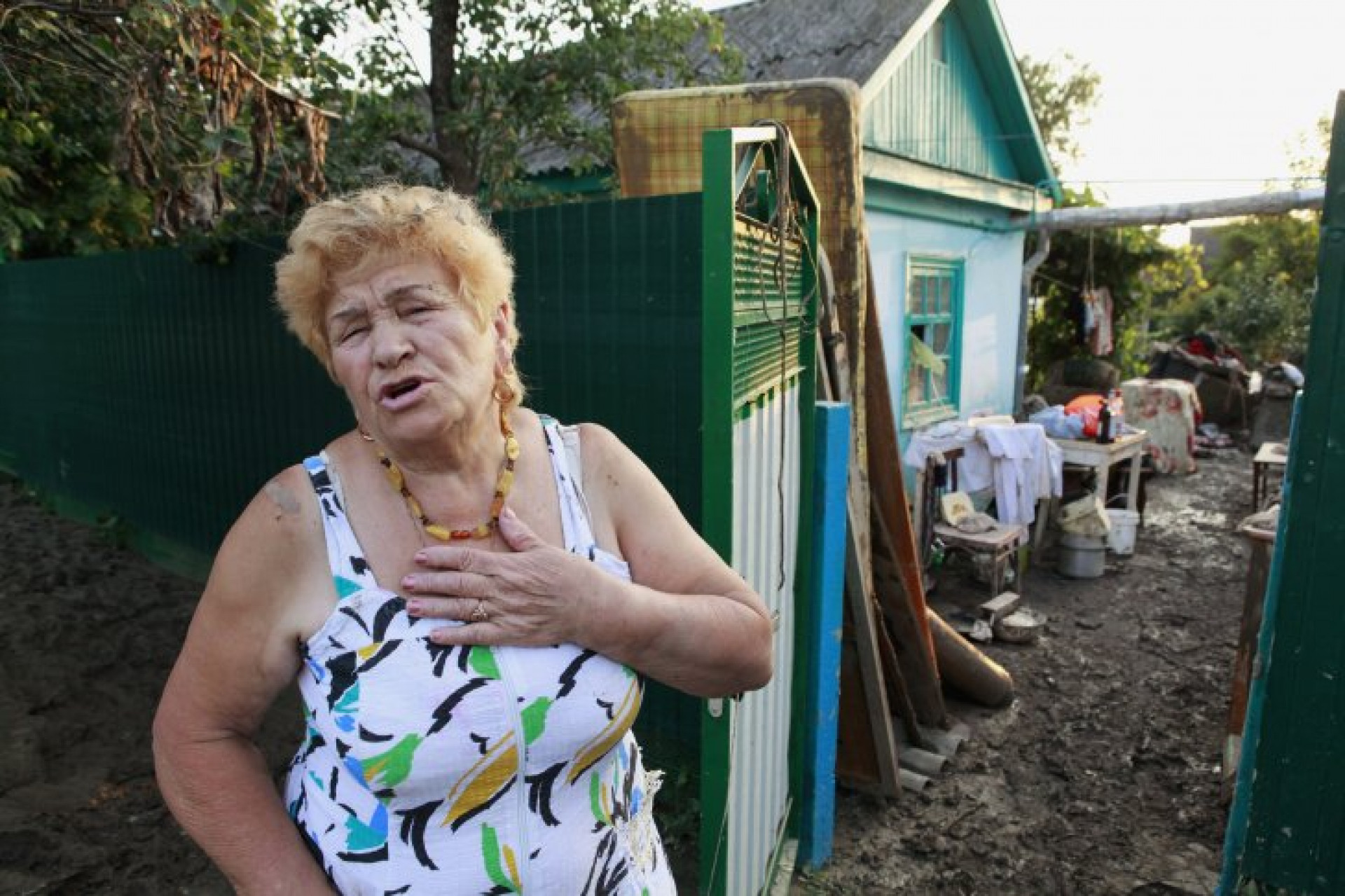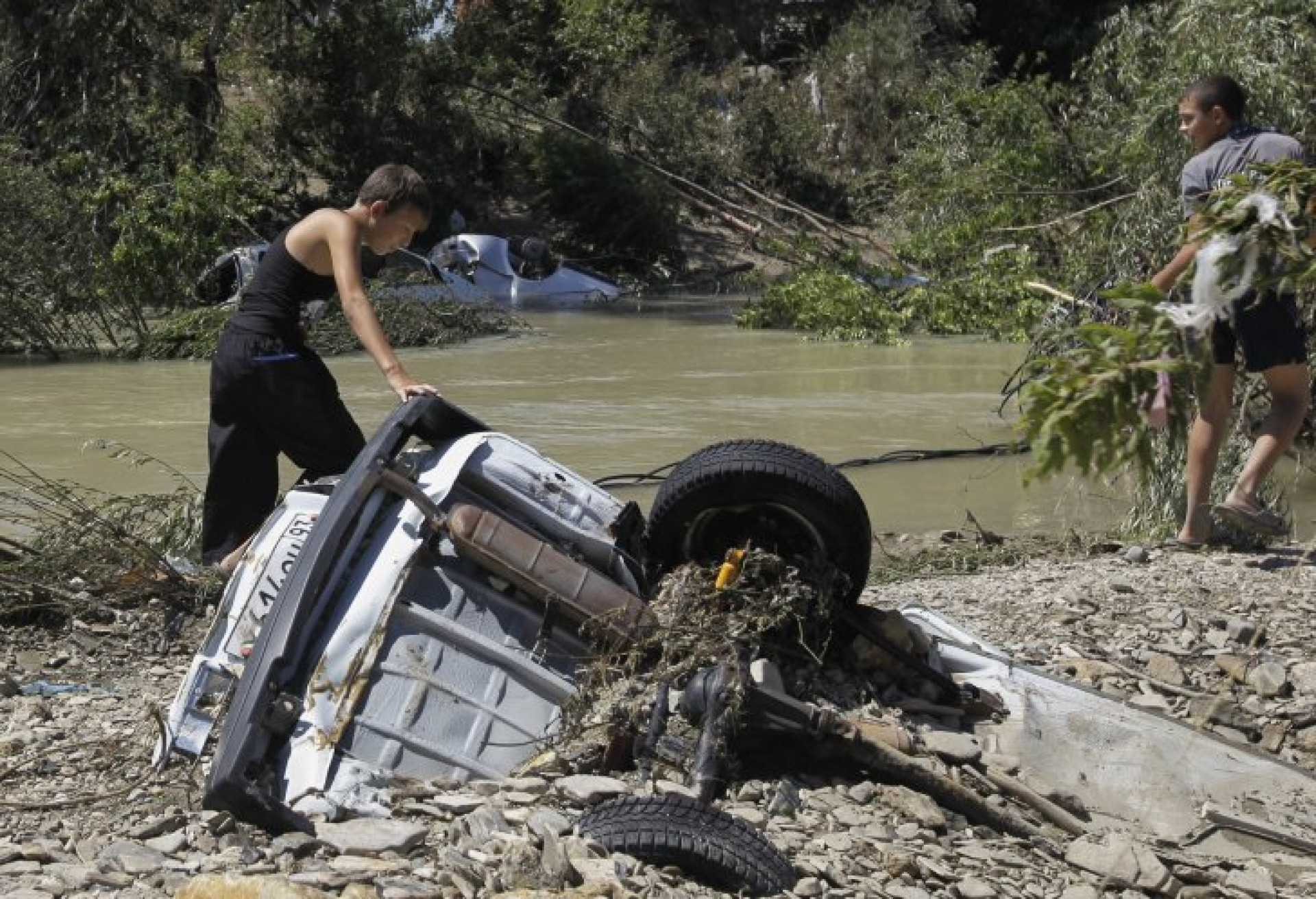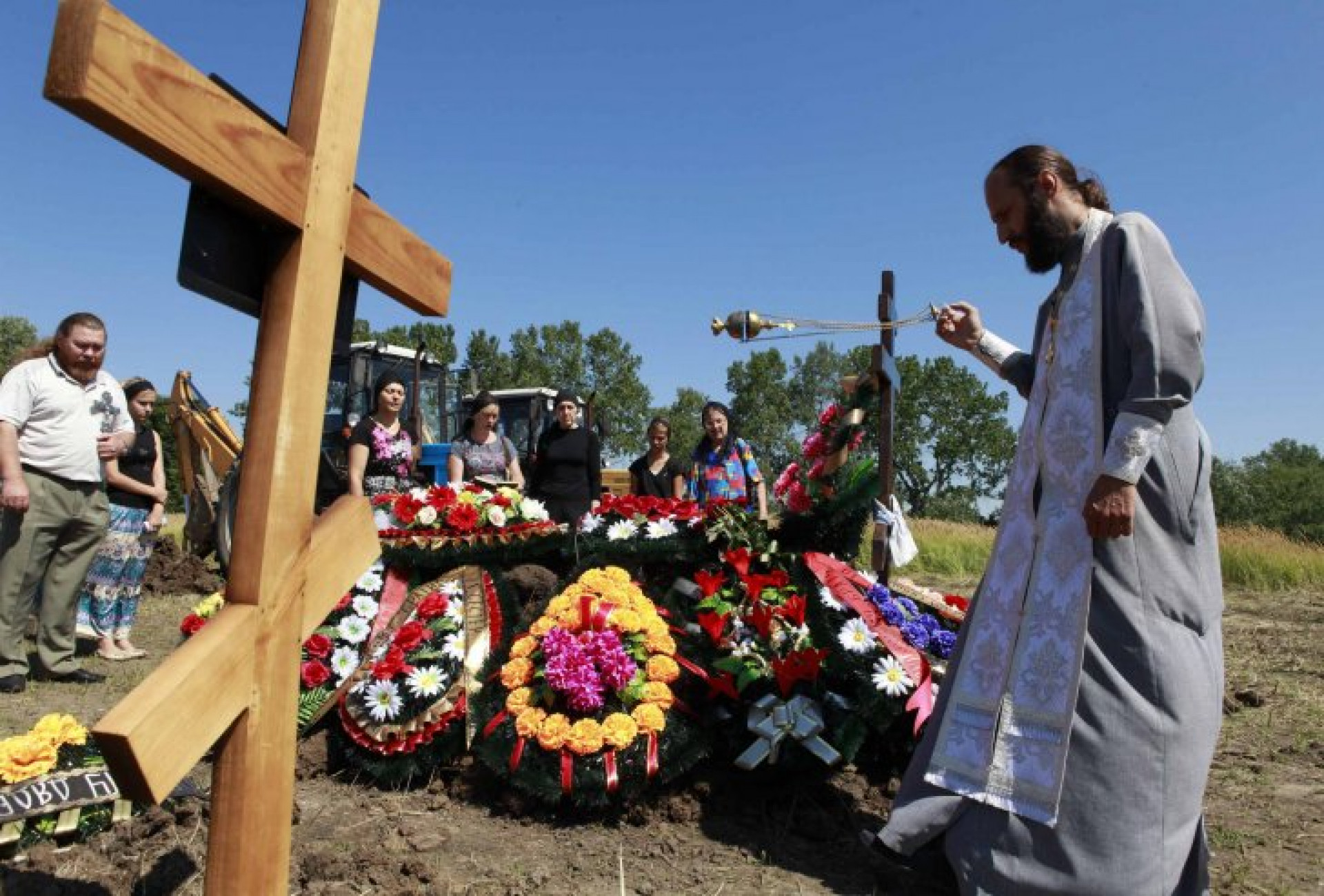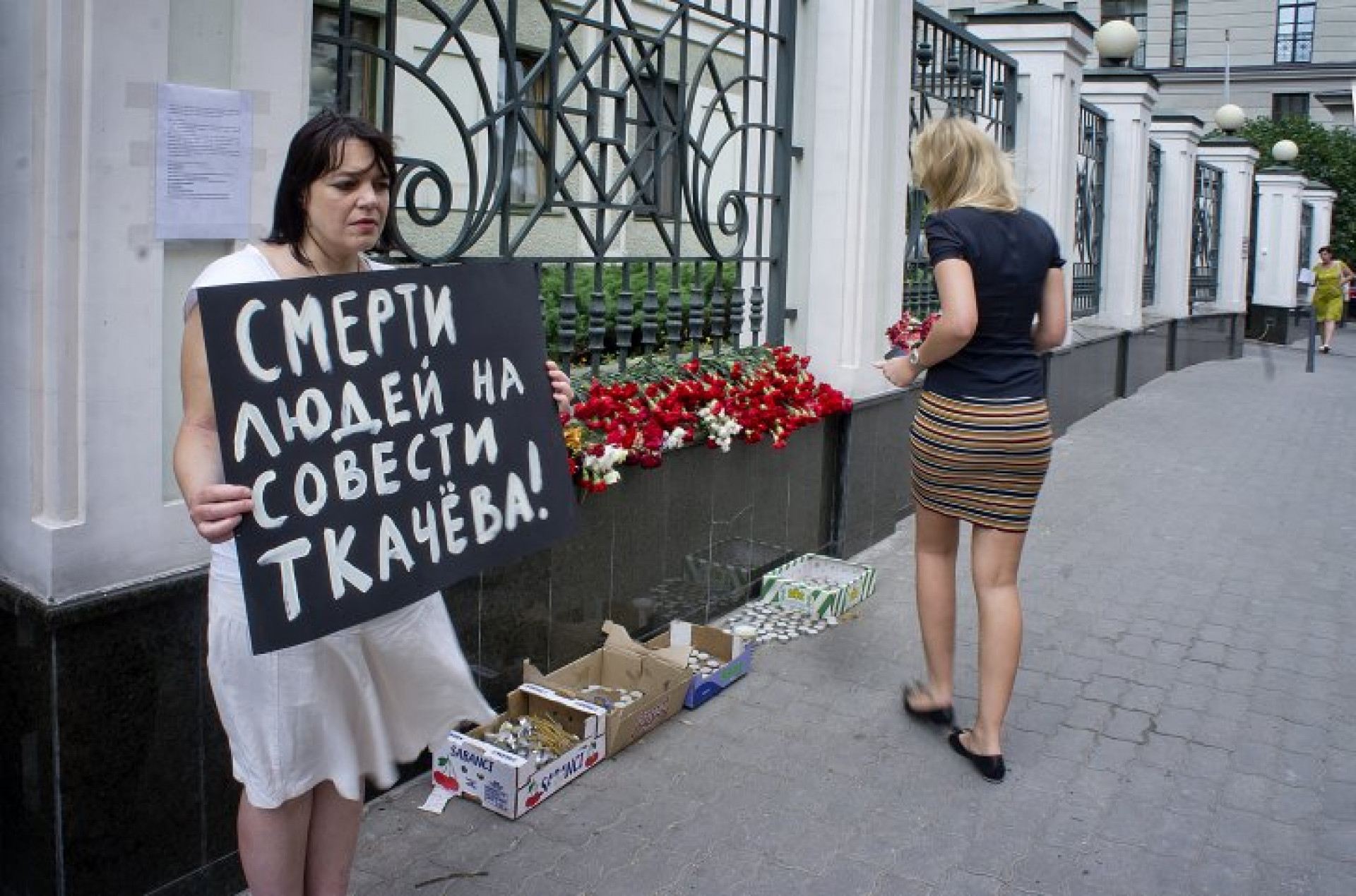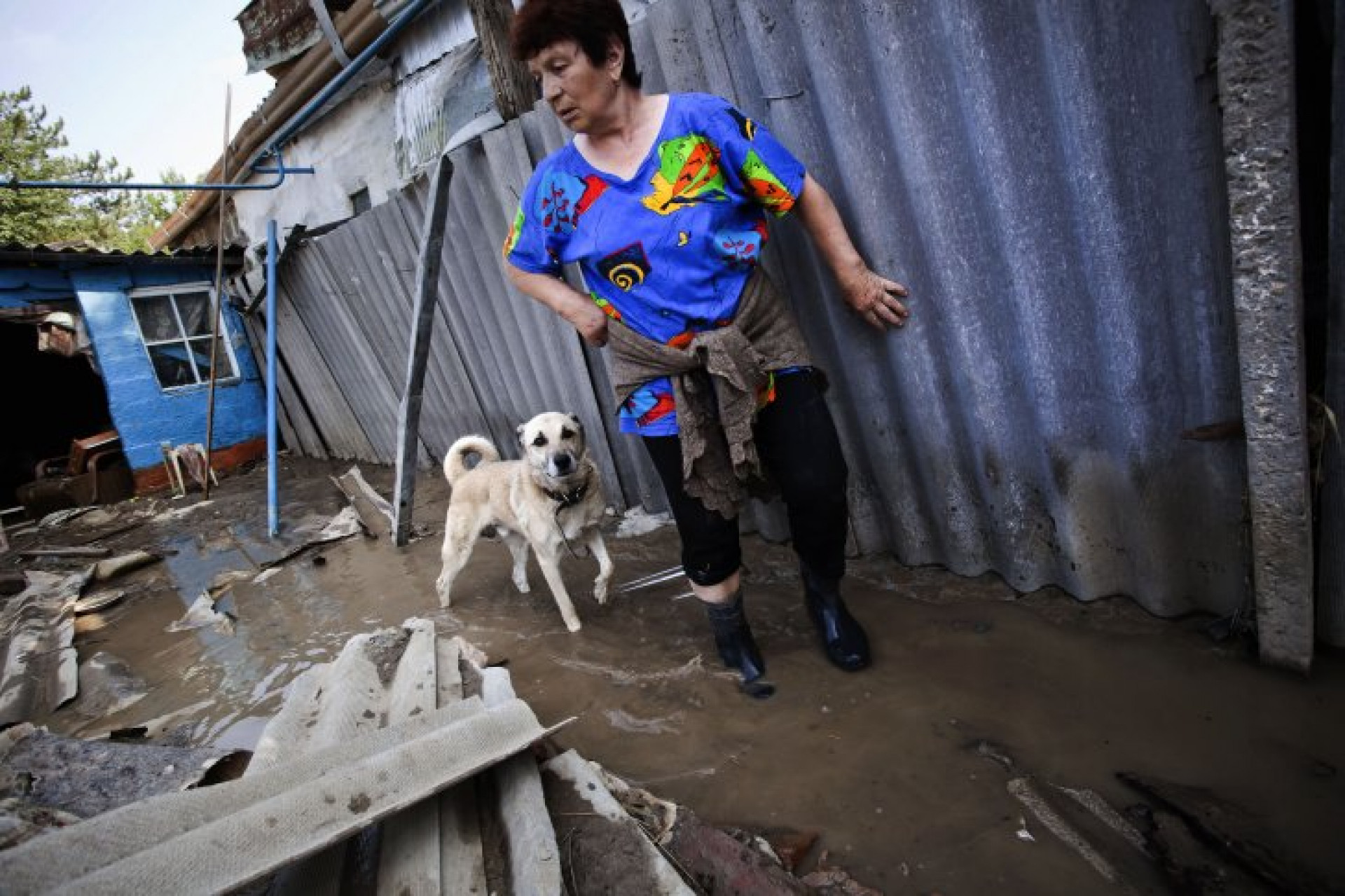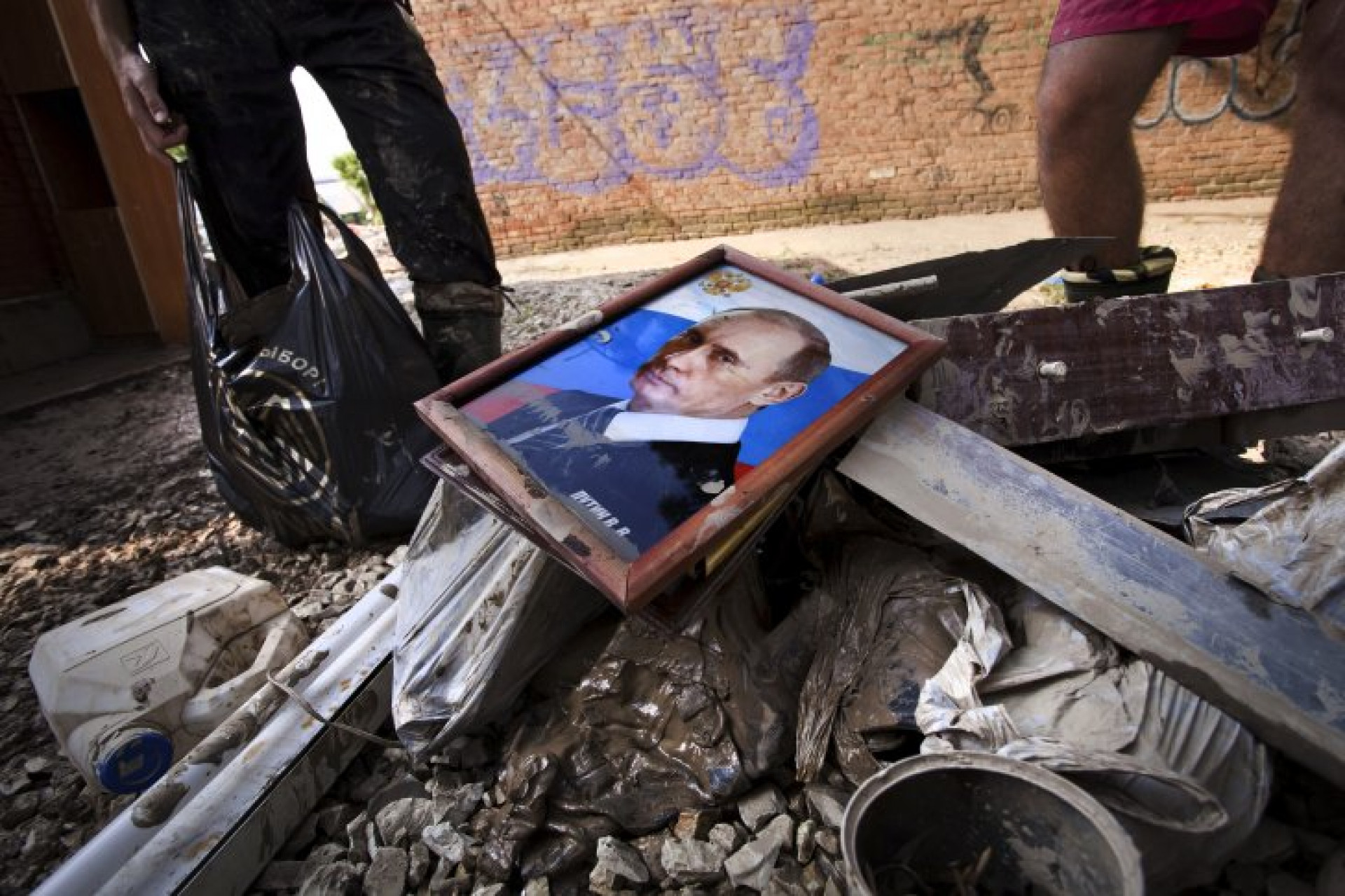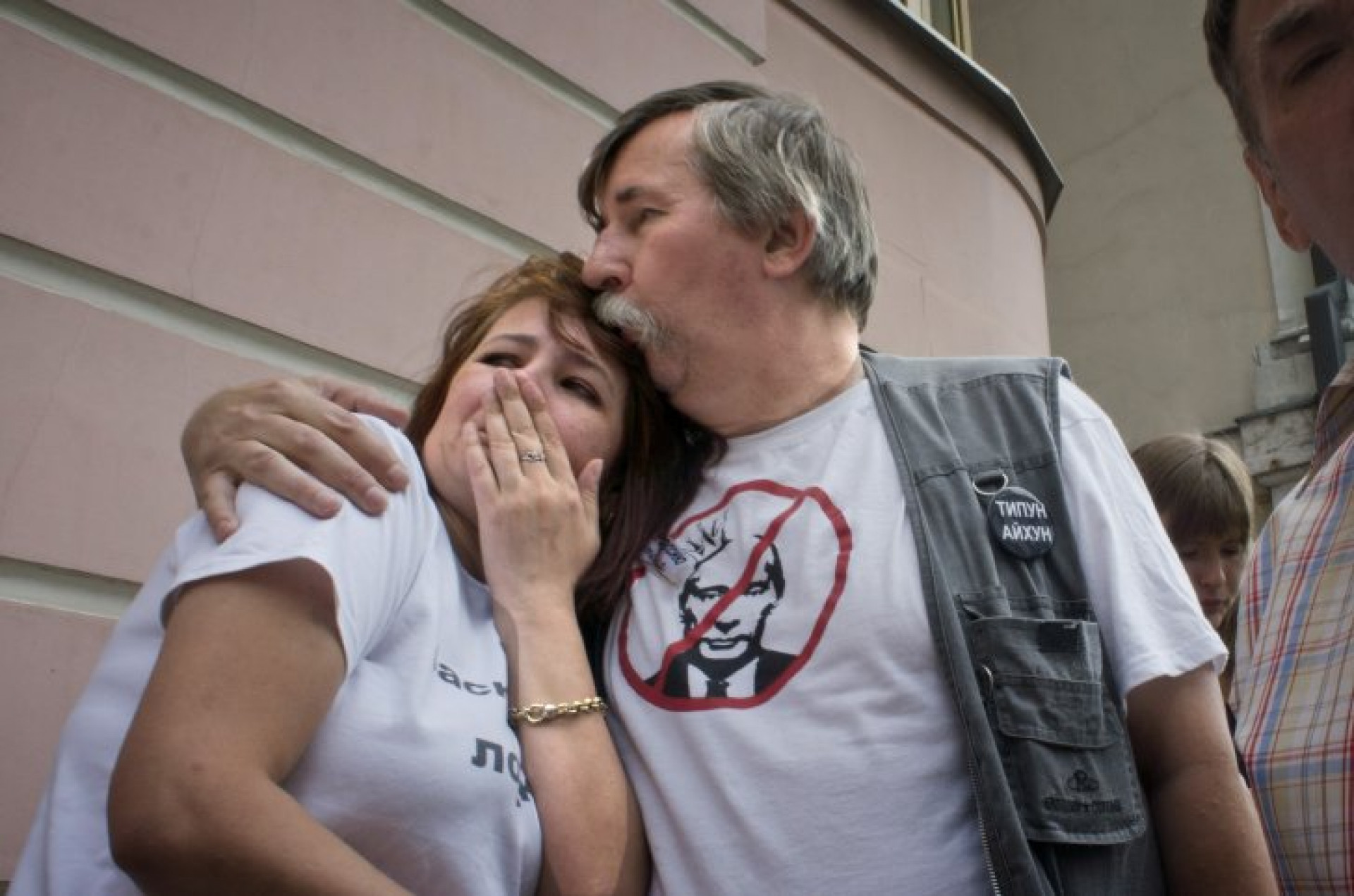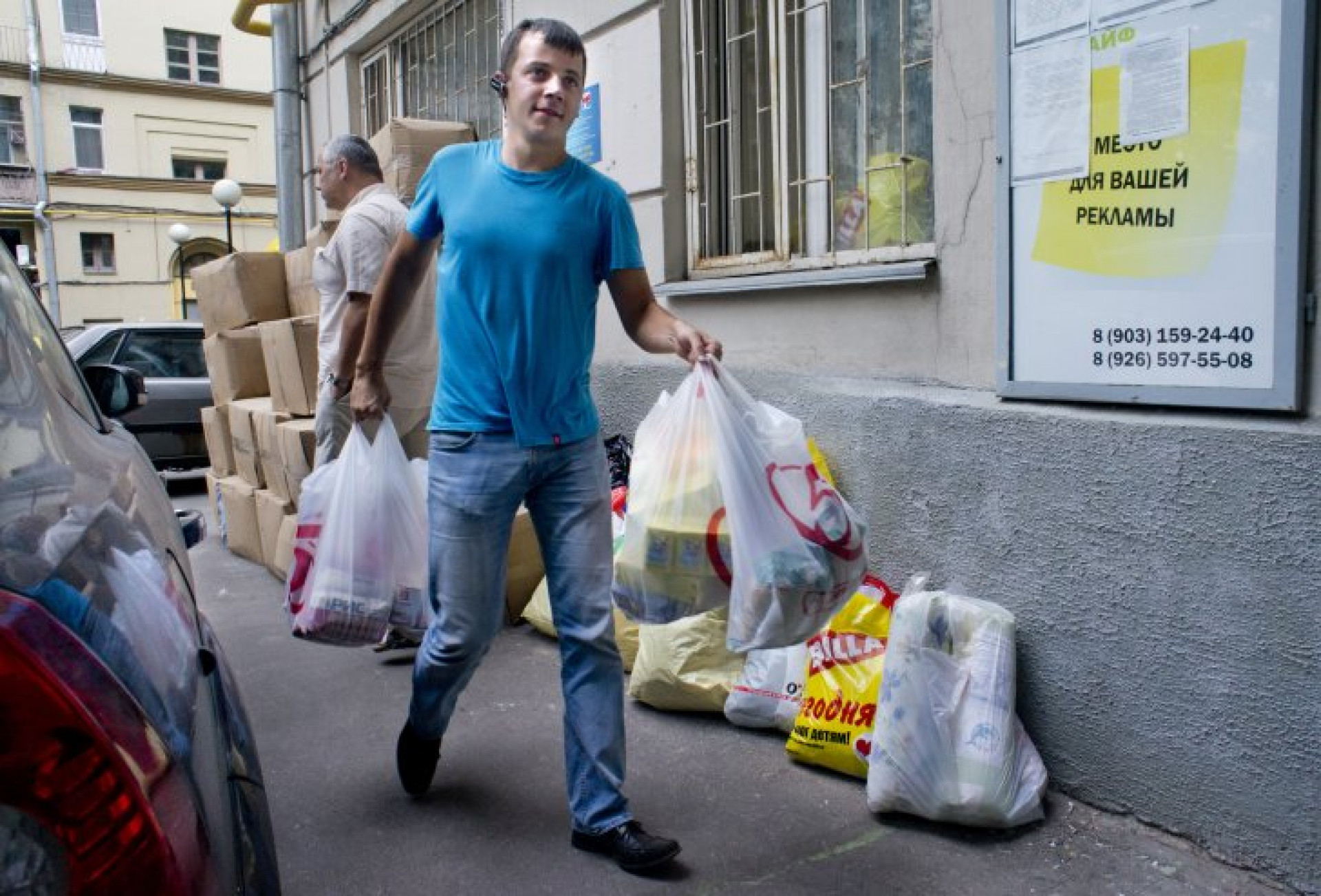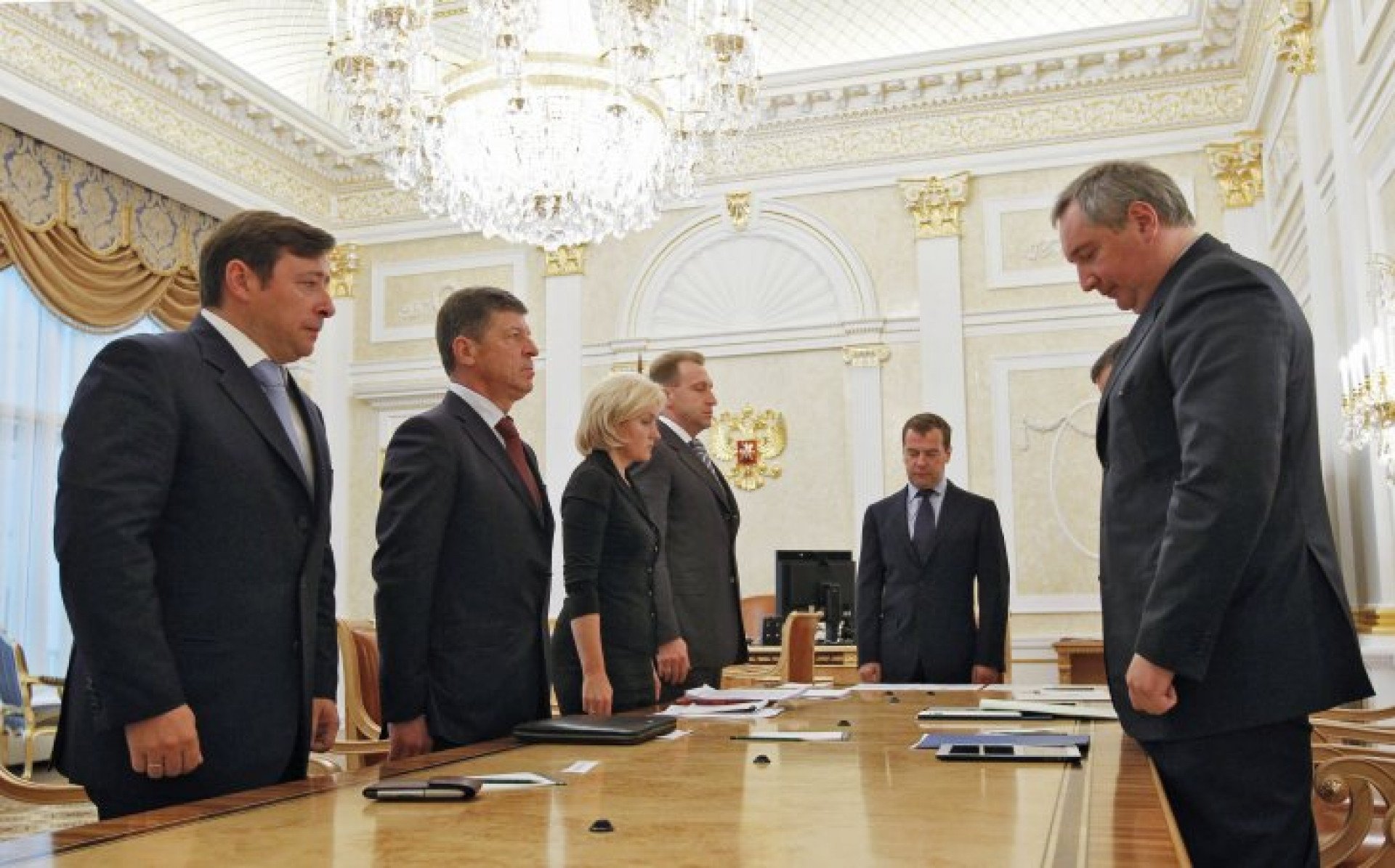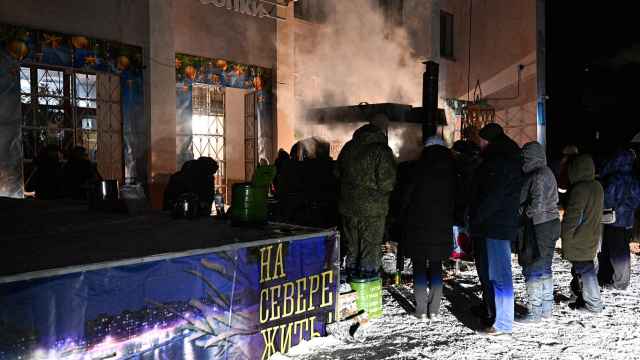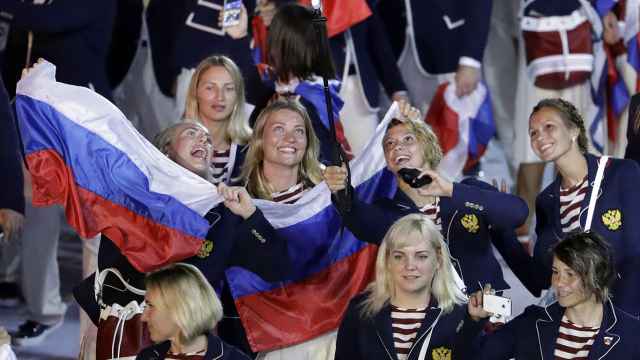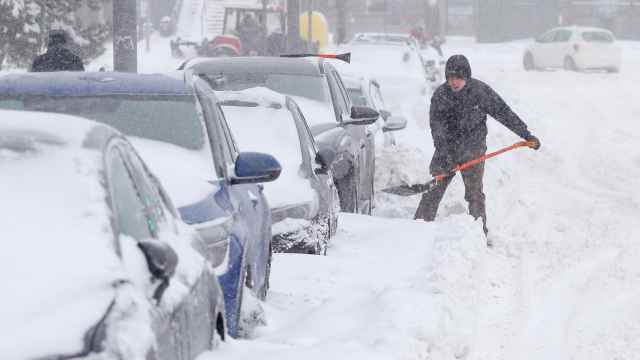Twitter and Flood Unite Warring Political Sides
See photos of the flood devastation here.
When news broke last Saturday that flash floods had killed dozens of people in the southern town of Krymsk, Moscow's Zavtra nightclub announced that the "Fourth Estate" rave would not happen that night. Instead, many in the opposition crowd, who in the past had danced at the club while shouting "Russia without Putin," took to Twitter and Facebook to organize aid missions.
It was not only opposition members who mustered help for victims of the disaster that would claim the lives of more than 170 people. United Russia Deputy Robert Shlegel — who represents Krasnodar, the region hit by the floods, in the State Duma — was among the first pro-government personalities to coordinate aid.
Shlegel was joined by his Duma colleague Ilya Ponomaryov of A Just Russia, who has risen to prominence as one of the anti-Kremlin protest leaders.
Both Shlegel and Ponomaryov emphasized that political differences should take a backseat during a national emergency.
"I call on everybody to forget your political views and work together, be they activists of Nashi or people with white ribbons," Ponomaryov on his blog, referring to the pro-Kremlin youth movement and the symbols worn by protesters.
As the tragedy's death toll rose, some 2,500 individuals joined in the efforts to collect, transport and distribute aid to the region, in what some believe is the biggest private volunteer movement in the country's history. Many of those who helped had never worked on such projects before.
Observers noted that these efforts resembled the nascent protest movement that took form after the State Duma elections in December.
"Gathering participants through social networks is just as effective as with civic protests," Lenta.ru
Mitya Aleshkovsky, a photographer and opposition activist who is coordinating a donation point at Smotrovaya Ploshchad across from Moscow State University, said Wednesday that he was overwhelmed not just by the outpouring of aid but by the cooperation across political divides.
"Never in my life would I have thought that political enemies would work together so closely," he said by telephone, adding that he witnessed OMON riot police officers delivering aid together with activists wearing white ribbons.
"I very much hope that something of this will survive in the future — that we are one people and not enemies," he said.
Aleshkovsky's words were echoed by Maxim Mishchenko, the leader of the Rossia Molodaya pro-Kremlin youth movement, which is also collecting aid on Smotrovaya Ploshchad.
"In Krymsk I saw Robert Shlegel coordinating with Ilya Ponomaryov, with whom we often clashed in the past, and I am happy that [opposition members] understand that we need to work together now," he said by telephone.
Olga Kryshtanovskaya, a prominent sociologist who declared last month that she would no longer work for United Russia, explained that this was a normal phenomenon.
"Politics divide, but tragedies unite," she told The Moscow Times.
Shlegel, asked if he believes that the organization effort helped to unite opposition and pro-government actors, said "50-50" in a Twitter reply.
The ongoing relief efforts in the Krasnodar region have not been carried out without bickering, as political factions exchange accusations of mixing aid and party politics.
Yabloko leader Sergei Mitrokhin was assailed for allowing supporters dressed in party t-shirts to appear in the region, while opposition activists decried photos showing supplies with United Russia logos being distributed.
"There will be elections in Krymsk this fall. United Russia is not passing up the chance to use humanitarian aid for campaigning," Solidarity co-leader Ilya Yashin on Twitter.
Reached by telephone Wednesday, Yashin said the viral spread of such photos online would harm both Yabloko and United Russia.
"The relief efforts of the past days have shown that there is a volunteer movement that wants to be outside politics," he said.
But Kryshtanovskaya said the growing opposition movement might also fuel people's desire to help.
"In an atmosphere where more and more people protest against nihilism and aggression, doing good gives people satisfaction," she said.
Few believe that the political harmony among the volunteers can continue for very long.
Rossia Molodaya youth activist Mishchenko admitted that most people in Krymsk were angry at authorities, whom they blame for causing the flood by allegedly opening a reservoir above the town. "I find that very frustrating," he said, adding that he ruled out the theory after inspecting the reservoir himself.
Mishchenko said he hoped that opposition activists from the capital would return sobered after visiting the region.
"Seeing the misery should lower their motivation for their frivolous and destructive protests," he said.
Meanwhile, the "Fourth Estate" party at the Zavtra nightclub has been rescheduled for Saturday.



